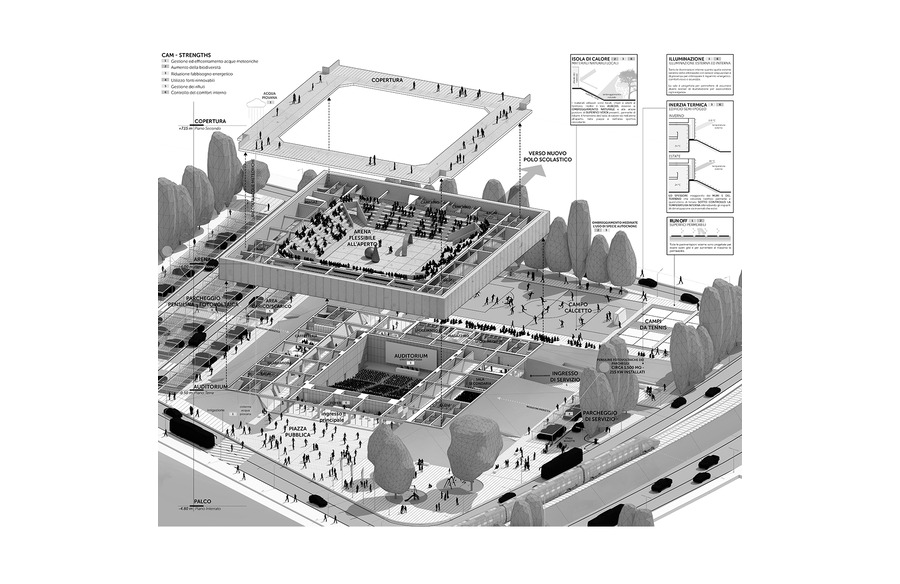The Impact of Impatience on Career Progression: Insights from a Psychologist

In today’s fast-paced world, navigating life’s inevitable annoyances requires a considerable degree of patience. While everyone encounters moments of frustration, some individuals struggle more than others to manage their impatience effectively. Psychologist Sarah Schnitker sheds light on the detrimental effects of unchecked impatience and offers strategies for mitigating its impact on one’s well-being and career progression.

Understanding the Ramifications of Impatience
Impatience, characterized by a lack of tolerance for delays or setbacks, can manifest in various aspects of daily life. Left unchecked, impatience has the potential to escalate into anger issues and significantly impact both physical and mental health. Schnitker emphasizes the importance of recognizing the link between impatience and stress-related health problems, such as cardiovascular disease.
Strategies for Managing Impatience
- Setting Realistic Expectations
Schnitker highlights the role of expectations in driving feelings of impatience. By acknowledging and challenging unrealistic expectations, individuals can proactively prevent emotional dysregulation triggered by perceived delays or unmet demands. Acceptance of reality, rather than resistance, serves as a cornerstone for cultivating patience.
- Cognitive Reappraisal
Cognitive reappraisal techniques, centered on reframing challenging situations from a new perspective, offer a powerful antidote to impatience. Schnitker advocates for adopting a positive mindset and identifying potential benefits in adverse circumstances. This shift in perception not only fosters resilience but also promotes long-term patience development.
- Enhancing Emotional Fluency
Developing emotional fluency, characterized by the ability to recognize and articulate emotions, facilitates effective emotional regulation. Schnitker underscores the importance of emotional awareness in fostering patience and resilience. By increasing self-awareness and naming emotions accurately, individuals can navigate challenging situations with greater ease.
Integrating Patience into Daily Practice
Practicing patience in everyday situations provides valuable opportunities for skill development and resilience-building. Schnitker recommends initiating patience-building exercises during low-stress scenarios, gradually transitioning to more challenging contexts. Consistent application of patience-enhancing strategies lays the groundwork for sustainable personal growth and career success.
Embracing Self-Compassion and Persistence
While cultivating patience requires dedication and effort, Schnitker emphasizes the significance of self-compassion and gradual progress. Recognizing that change takes time, individuals are encouraged to approach the journey with patience and understanding. By prioritizing self-care and resilience-building, individuals can navigate life’s challenges with greater ease and achieve long-term well-being.
Conclusion: Empowering Career Success through Patience
In the realm of career advancement, patience emerges as a valuable asset, enabling individuals to navigate setbacks and challenges with resilience and determination. By implementing strategies to manage impatience effectively, individuals can enhance their emotional well-being, productivity, and overall career satisfaction. Embracing patience as a guiding principle empowers individuals to overcome obstacles and achieve their professional aspirations with confidence and grace.














